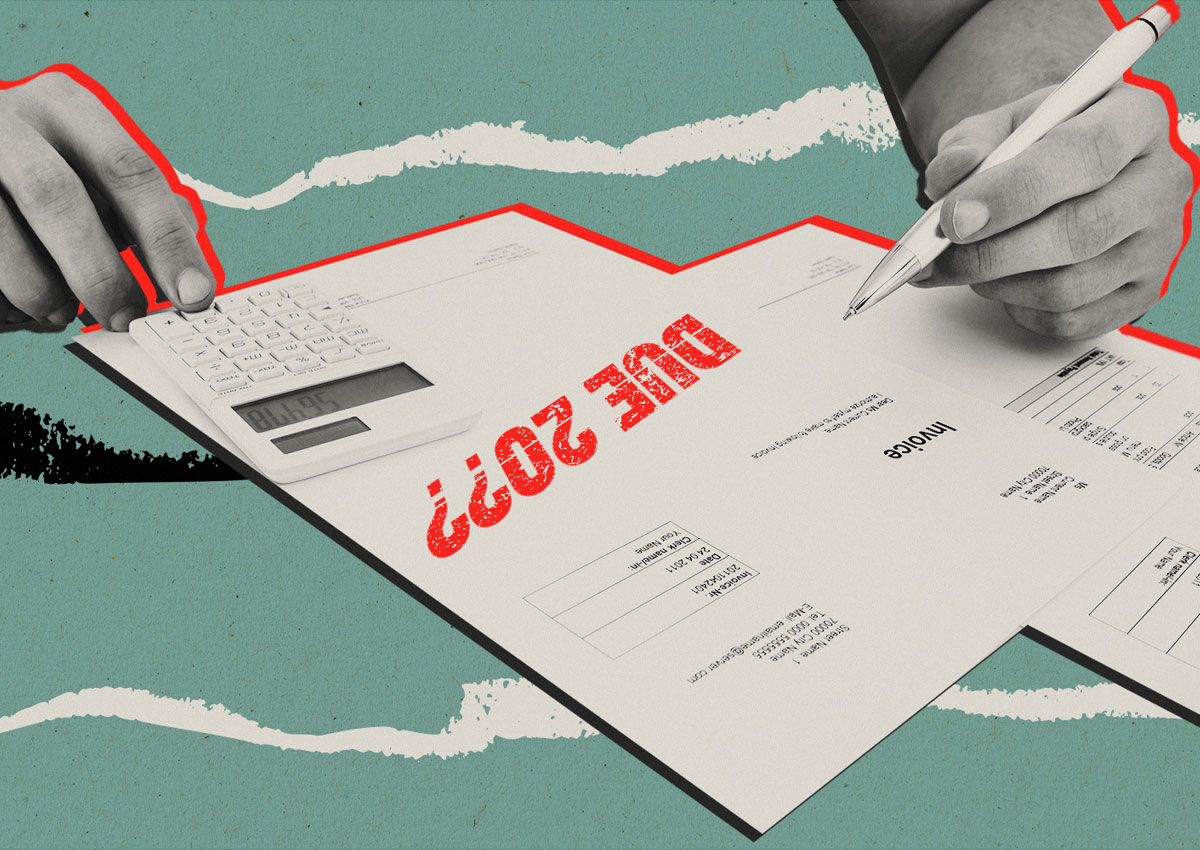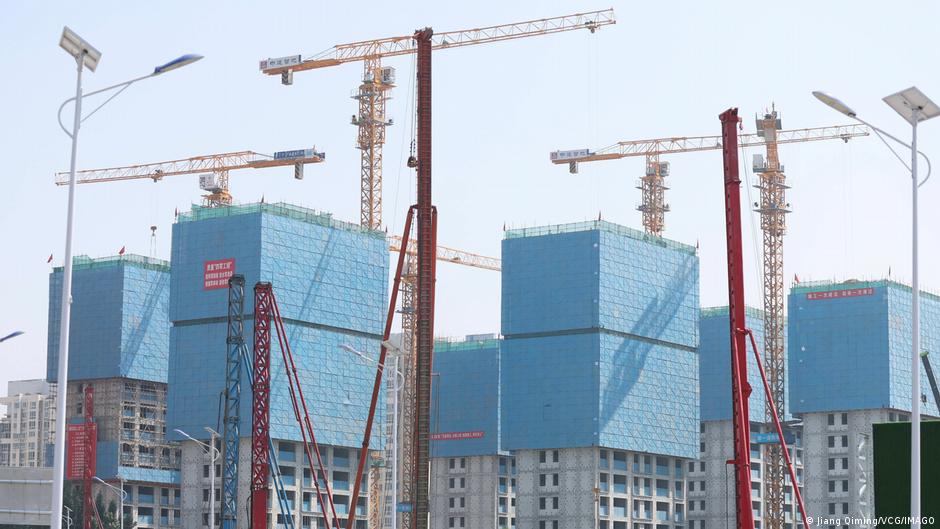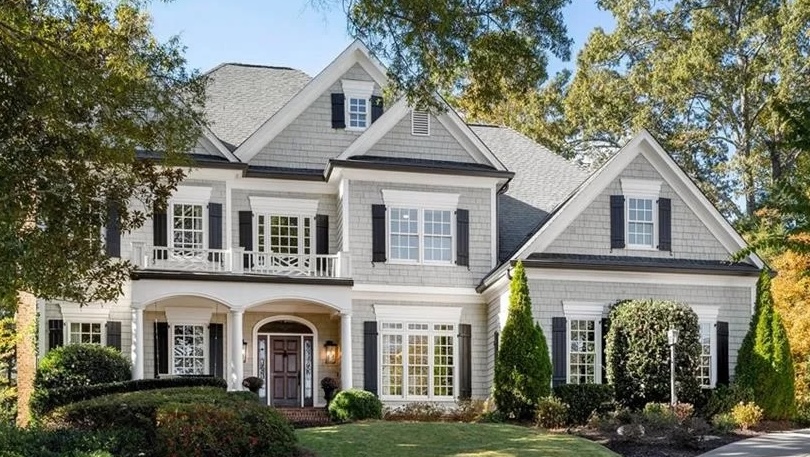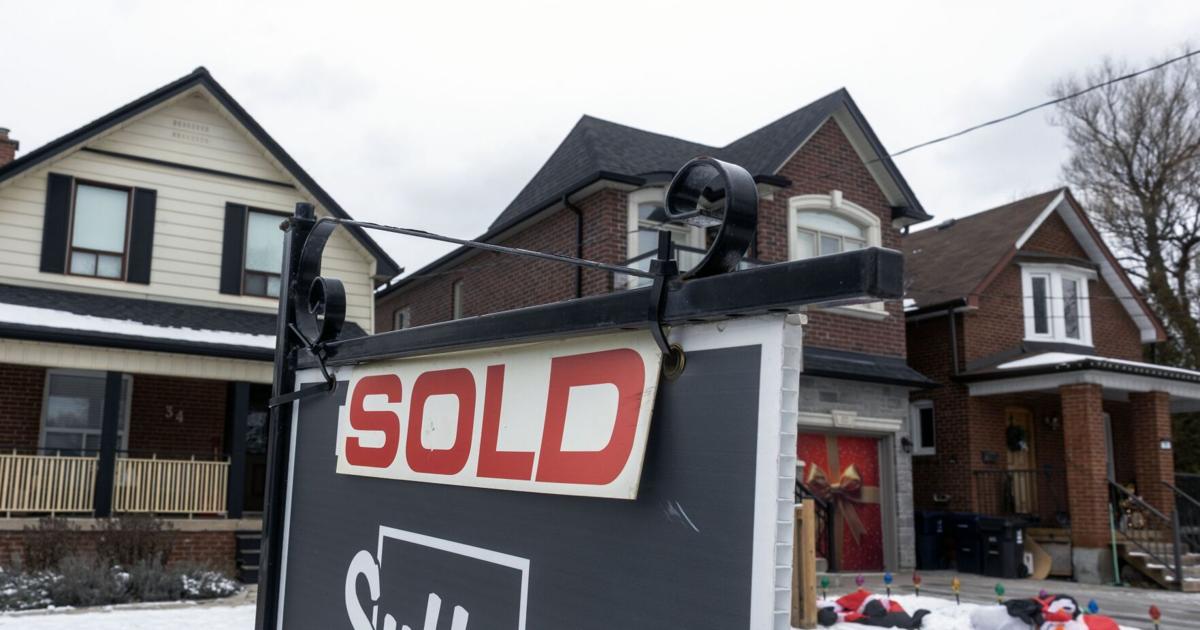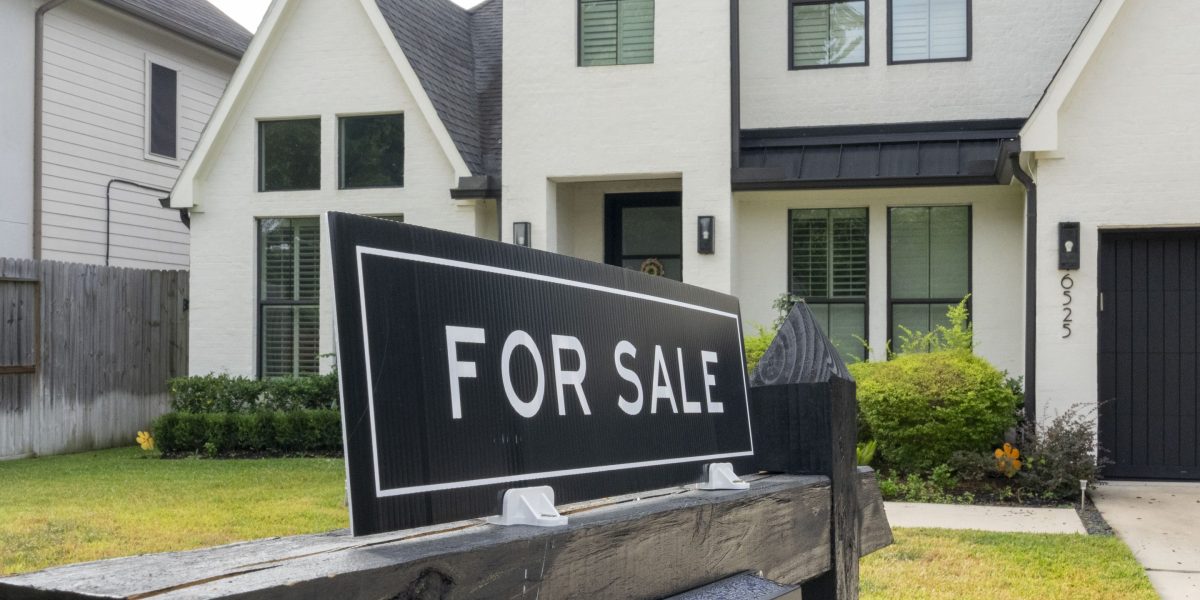L
ast month, RFR's 17 State Street was facing foreclosure after special servicer Rialto Capital Advisors filed to foreclose due to the firm's default on its $180 million mortgage. However, RFR secured a three-year extension on the loan, plus five more years to pay off a separate loan tied to 150 East 72nd Street, a boutique retail property on the Upper East Side. The extensions are part of a trend where lenders and special servicers are granting record numbers of modifications to commercial real estate loans.
According to CRED iQ, modifications of securitized loans hit a new high in 2024, totaling $19 billion. December saw the most workouts of any month last year. The extend-and-pretend strategy relies on interest rates eventually dropping, allowing property owners to secure new mortgages. However, despite the Fed's rate cuts over the past year, rates remain stubbornly high.
Economists predict that President Trump's proposed tariffs could lead to inflation, causing the Federal Reserve to pause or even hike interest rates. This would be bad news for lenders, but many are choosing to delay and pray by granting term extensions rather than taking a loss. Recent modifications have often involved properties with solid fundamentals, boosting lender confidence.
RFR's 17 State Street is a prime example, with occupancy at 95% and revenue covering debt service three times over. The issue was refinancing, as the loan's fixed rate of 4.45% since 2014 was no longer viable in today's market. SL Green also secured an extension on its $740 million loan for 1515 Broadway, a Times Square office building it hopes to redevelop into a casino.
While some have predicted that extend-and-pretend would eventually give way to extend-and-resolve as lenders could no longer delay, modifications remain the norm. Fitch forecasts that modifications will continue to rise in 2025, with maturity defaults also expected to increase.
